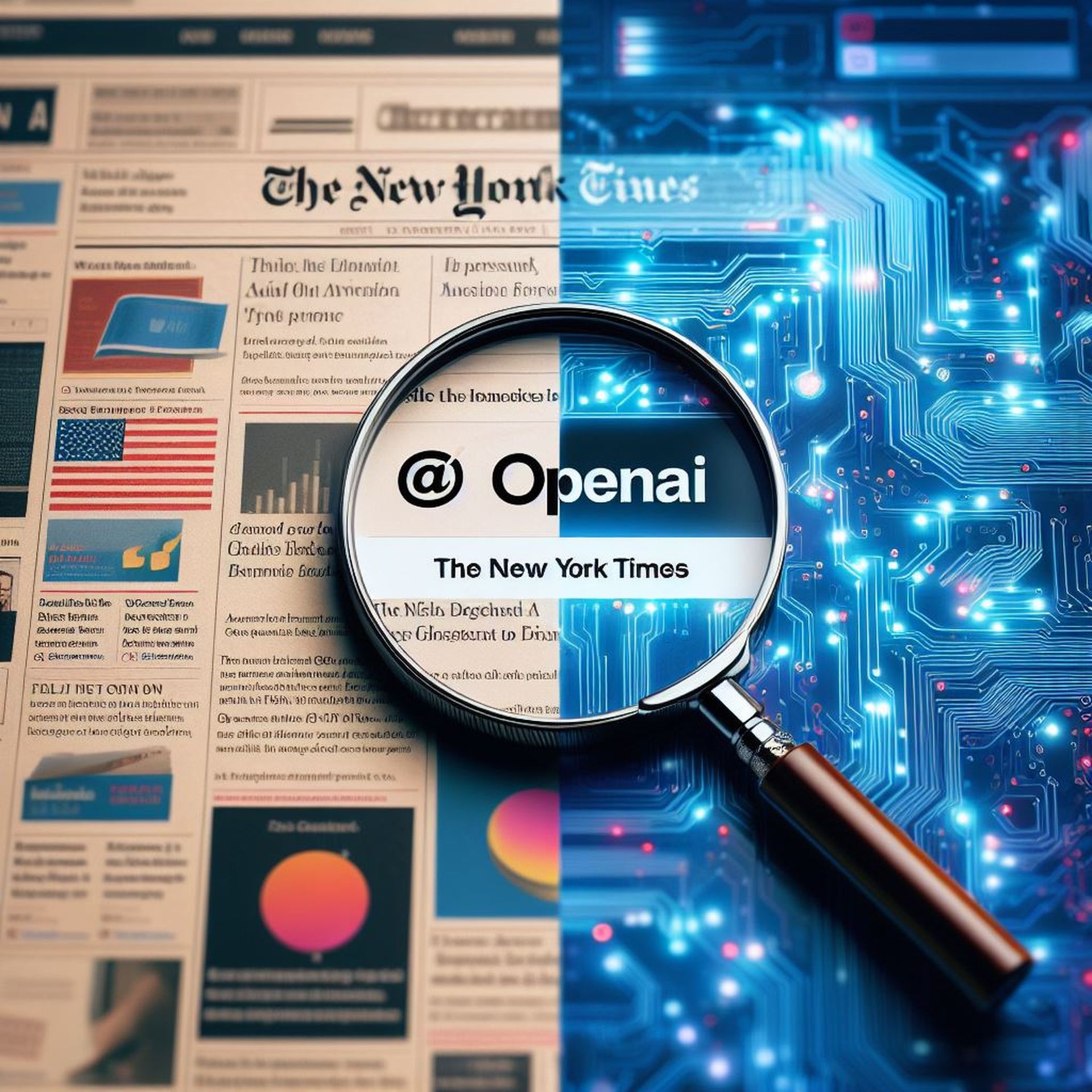Center for Investigative Reporting Sues OpenAI and Microsoft
The Center for Investigative Reporting (CIR), the nation's oldest nonprofit news organization, has filed a lawsuit against OpenAI and Microsoft, alleging copyright infringement. The lawsuit, filed in a New York federal court, centers on the use of CIR's journalistic content to train and develop AI models, particularly those behind OpenAI's popular ChatGPT tool.
CIR, which publishes investigative journalism through outlets like Mother Jones and Reveal, argues that OpenAI and Microsoft have been using its copyrighted material without permission or compensation. This, the lawsuit contends, undermines the very foundation of investigative journalism, which relies on financial support from readers who value the original reporting.
The lawsuit specifically targets the practice of feeding massive amounts of text data, including news articles, into AI systems to improve their ability to generate human-quality text, translate languages, and answer questions in an informative way. CIR argues that by using its copyrighted work in this manner, OpenAI and Microsoft are essentially profiting from the journalistic sweat equity of others.
This lawsuit is the latest front in a growing battle between news organizations and AI developers. The New York Times and other major publications have filed similar lawsuits against OpenAI and Microsoft, arguing that the use of their content for AI training constitutes copyright infringement.
OpenAI has yet to respond publicly to the lawsuit. However, the company has previously stated its commitment to working with news organizations to find fair and sustainable solutions for using news content in AI development. Some media outlets, like Time Magazine, have opted to collaborate with OpenAI, striking deals that grant the company access to their archives in exchange for compensation.
The CIR lawsuit raises critical questions about the future of journalism in the age of artificial intelligence. If AI systems become adept at generating news-like content based on vast troves of existing articles, will there still be a need for human journalists to conduct in-depth investigations and uncover newsworthy stories?
Furthermore, the lawsuit highlights the ongoing debate surrounding copyright and intellectual property in the digital age. As AI technology continues to evolve, legal frameworks will need to adapt to address the unique challenges posed by training AI models on copyrighted material.
The outcome of the CIR lawsuit could have significant implications for both the journalism industry and the development of AI. It will be closely watched by those on both sides of the issue.


Join the conversation